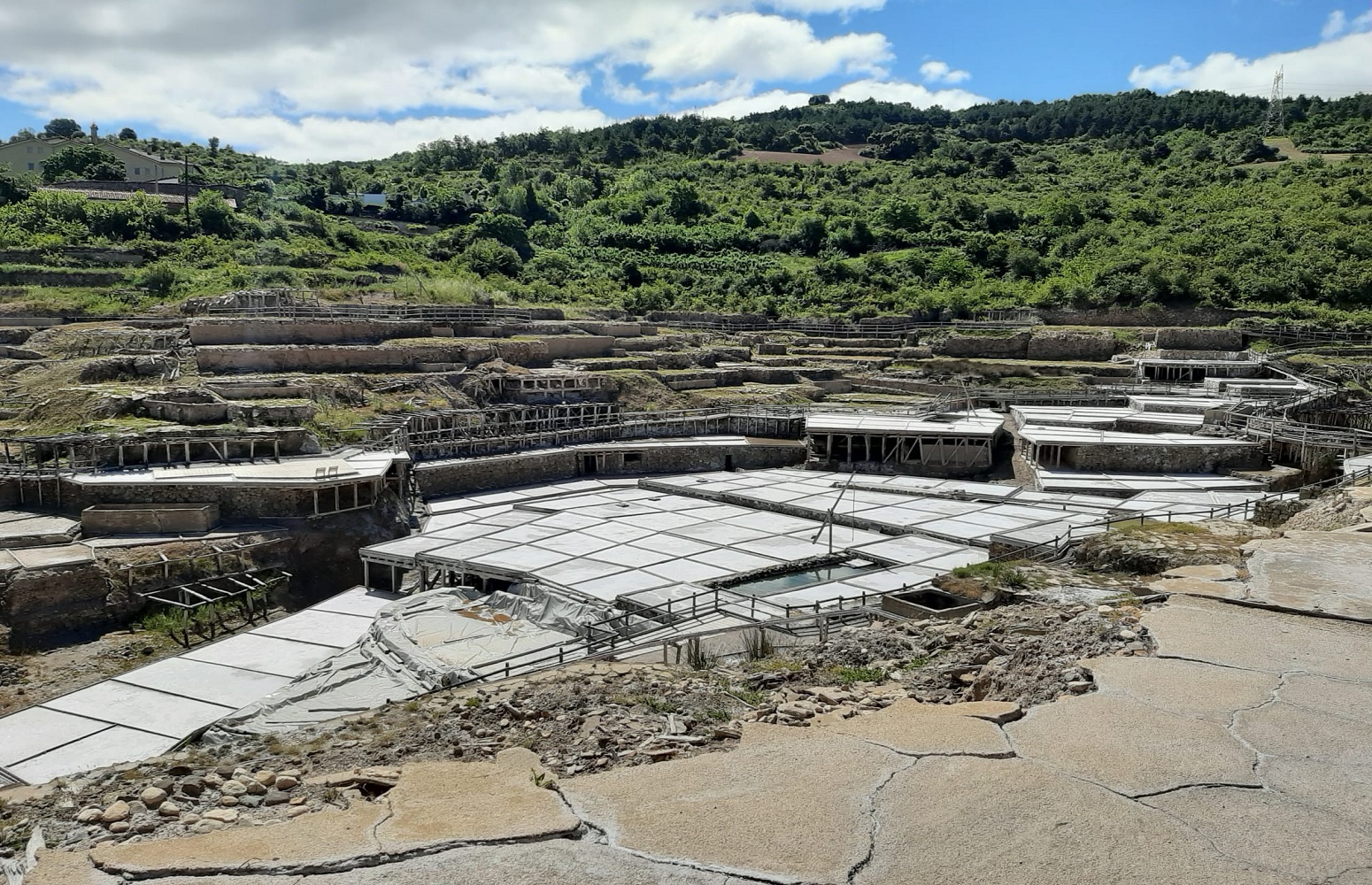Kingsley Aikins, Economics and Politics graduate of Trinity College (Dublin), is an Irish expert on diasporas and CEO of The Networking Institute. He has recently participated in the opening ceremony of the postgraduate course ‘Diáspora Vasca’ of the University of the Basque Country, where he is also a lecturer.
CEO of The Networking Institute
Kingsley Aikins: «Networking is not a luxury, it is a necessity»
- Interview
First publication date: 14/10/2021

You have lived and worked in six countries in a career in trade and investment, philanthropy, education, diaspora and tourism, and you have worked for major organisations, governments and countries. Throughout your extensive experience you have come to appreciate the power of Networking and you see it as the ‘glue’ that makes everything happen, isn´t it?
Yes – totally agree. Networking is critical. Many people don’t realise that, as their career progresses the technical skills that they needed to get their job in the first instance become less important (because everyone has them and you can’t compete on what everyone has) and relationships become more important. This is a key career ‘inflection point’ that many people miss.
You have started that Networking is an essential key to “survive and thrive” in challenging times and diverse locations. Do you agree that Networking is critical?
Quite simply – to survive and thrive in our current world you need to build strong and diverse networks. This is not something I appreciated early in my career. I certainly didn’t network at school or college. One reason for this is that we typically have two types of networks in our lives. The first is organic and just happens and is a function of your family, where you were born and brought up, your education and the sports and hobbies that you participate in. The second network is more intentional and this is where you have to be thoughtful and strategic. Early in life your family are our friends but as you progress through life your friends become your family. Networking is not a luxury – it is a necessity. I looked on building my network as a bit like building up airmiles – you build them up over time and then every so often they come in really handy. Think of your network as an ATM machine – you can’t just keep making withdrawals – you also have to make deposits. That is why we say the key to networking is giving not getting. Most people think the other way – you network when you want something for yourself like a job or a sale. We, in The Networking Institute, take the opposite view. We think it is all about giving because it will eventually come back to you. In other words the more you give to individuals on a regular basis the more it comes back to you from the network. Networking is not about any one big time but about lots of small changes in behaviour that, if you do on a regular basis, become habits and rituals and eventually they become who you are.
How can you build strong and diverse networks?
There are several keys to this. The first is to seek about people who are different from you. We all have a tendency to hang around people just like us and this leads to living in an ‘echo chamber’. This can be dangerous as these people often look, sound, think and speak like us but the world is very diverse. All the research shows that if you don’t reflect the diversity of the economy you work in and the society you live in, then you, as both an individual and a company, underperform. So seek out ‘unlikeminded’ people, get comfortable talking to strangers and change your habits and routines.
What are the best tools for Networking?
Remember a few simple mantras as follows. Life is a game of inches and the difference between success and failure can be tiny so see your network as the difference maker. Also relaise that one introduction, one conversation can change your life but they don’t happen when you are sitting at your desk so get’ out and about’. Also now social media as a tool has opened up an enormous world of possibilities in networking. We are only one click away from millions of people.
What is the mission of The Networking Institute?
Our mission is simple - to convince individuals and organisations that the soft skill of networking is critically important. Many companies now believe that soft skills are going to be more important for career progress than hard skills. Networking is not taught at school or college and companies don’t have strategies for it. Our mission is to change that.
«Networking is not an art or a science but a process»
You have developed a unique and distinctive approach to Networking training and, through The Networking Institute, you want to share your methodology with a worldwide audience.
Yes- networking is not an art or a science but a process. It is important that everybody ‘audits’ their network to be able to answer the 3 key questions: “Is my network good enough for where I want to be in the next few years”, “What do I need to do now to prepare myself for a post COVID world”, “I have a network but is it the right one”. The unique and distinctive process we have developed revolves around the 4 phases of building your network of Research, Cultivation, Solicitation and Stewardship.
You are an expert on diasporas and CEO of The Networking Institute. Which is the link between both?
Diaspora engagement is all about building networks, albeit global networks. The same skills apply to both. Technology and communications are finally enabling us to answer the 3 key questions about our Diaspora – who are they, where are they and what are they doing? Every country, region or city has what we call Diaspora Capital which is made up of 3 flows – flows of people, flows of knowledge and flows of money. By building networks the potential of these flows can be maximised.
In addition to participating as a speaker at the opening ceremony of the UPV/EHU's own university specialization degree course ‘Diáspora Vasca’, you are also a lecturer of this degree course. What is your aim?
I am delighted to be part of this unique course and contribute as a guest lecturer. This is a terrific opportunity to learn about best practices in the world of diaspora engagement.
What about the Basque Diaspora?
The Basque country has a large, strong and diverse diaspora spread around the world. Because of technology and communications the potential now exists to develop a sense of ‘Global Basqueness’. What were once ‘lost actors’ can now become ‘national assets’. There is such a thing as a Basque ‘Empire’ not built by military might or force of arms but because so many people from the Basque region have settled around the world. The potential now exists to connect them back and engage them.




